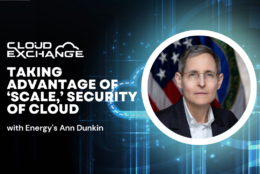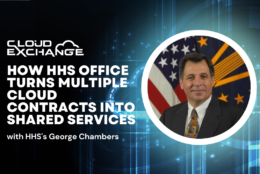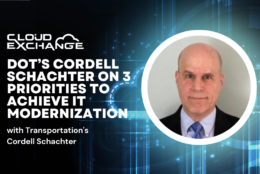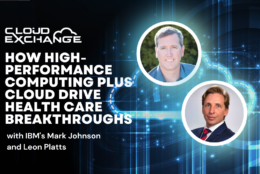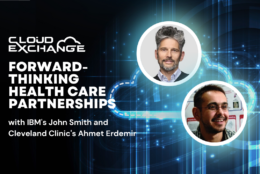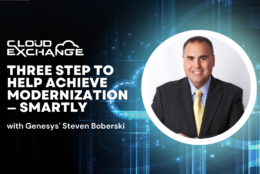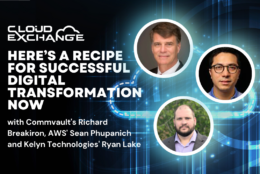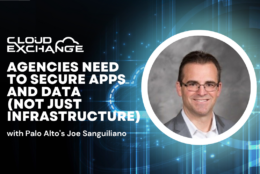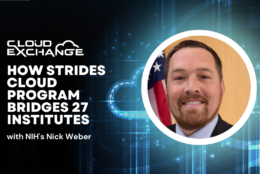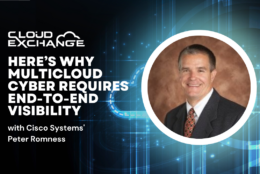SDFM The Business of Defense
-
Today’s program will address the details that you need to know as you begin your transition to retirement under FERS and CSRS.
June 26, 2023 -
The Energy Department has a vast mission space from nuclear security sites to open academic research. Energy Chief Information Officer Ann Dunkin says her headquarters team is focused on providing “security” and “scale” across the department’s many technology needs.
June 23, 2023 -
When it comes to applications and supporting services, HHS’s multi-cloud environment requires special management attention.
June 23, 2023 -
FEDtalk host Jason Briefel, a non-attorney partner and Director of Government and Public Affairs at Shaw Bransford & Roth P.C., sits down with Kettle and Eggers to discuss how the government agencies can break free from organizational boxes and rigid, top-down leadership to enact meaningful change.
June 23, 2023 -
Cordell Schachter, the Transportation Department chief information officer, said a focus on cybersecurity, the workforce and a modern application delivery approach are key to improving mission outcomes.
June 22, 2023 -
By combining cloud, high-performance computing and artificial intelligence, IBM and Cleveland Clinic create a model for achieving health care breakthroughs. Learn more about this partnership and how federal agencies are pursuing a similar data-driven path.
June 22, 2023 -
By combining cloud, high-performance computing and artificial intelligence, IBM and Cleveland Clinic create a model for achieving health care breakthroughs. Learn more about this partnership and how federal agencies are pursuing a similar data-driven path.
June 22, 2023 -
Data center optimization efforts paved the way for cloud adoption and hybrid evolution across government. Pick up insights and lessons learned from cloud leaders at DHS, GSA, NOAA and SEC in our new Executive Briefing.
June 22, 2023 -
Agencies need to avoid defaulting to lift-and-shift thinking when it comes to moving services to the cloud, advises Genesys’ Steven Boberski. He shares three steps that can help an agency smartly make the move to cloud.
June 22, 2023 -
The approaches that agencies used early on to shift services like email to the cloud no longer apply, say cloud experts from AWS, Commvault and Kelyn Technologies. The trio offers a three-ingredient recipe for successful cloud adoption now.
June 22, 2023 -
Cloud Exchange 2023: Palo Alto’s Joe Sangiuliano on securing apps and data (not just infrastructure)
Agencies must meet new requirements to gain visibility into the assets — and cybersecurity risks — on their networks. Given the use of cloud-based services, visibility and compliance also must change, explains Palo Alto Networks’ Joe Sangiuliano.
June 22, 2023 -
According to Nick Weber, the acting director of the Office of Scientific Computing Services with NIH’s Center for Information Technology, the high level of telework in recent years only sped up NIH’s extensive work in cloud computing.
June 21, 2023 -
Given the continued teleworking of federal employees, agencies need visibility across their infrastructures and all devices to manage security and build resiliency, explains Cisco’s Peter Romness. Making that visibility easier is a major focus for the company.
June 21, 2023 -
The federal government’s embrace of hybrid, multicloud environments doesn’t surprise Red Hat’s Ben Cushing, as it echoes similar hybrid growth in the commercial sector. He shares why that will continue and the innovation opportunities it will offer.
June 21, 2023 -
Cloud Exchange 2023: Should agencies reject Big Bang IT approach in favor of feature management?
June 21, 2023


